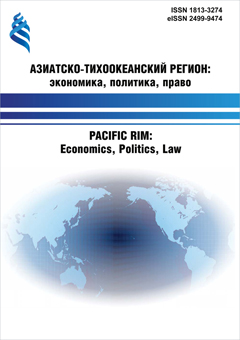CIVIL LEGAL REGIME OF NON-FUNGEABLE TOKENS (NFT): CURRENT STATE AND PROSPECTS OF DEVELOPMENT OF LEGISLATION
DOI:
https://doi.org/10.24866/1813-3274/2023-2/142-154Keywords:
non-fungible tokens, NFT, civil rights object, intellectual property, intellectual rights, digital rights, digital financial assets, non-documentary securities, other property, block chainAbstract
The article considers issues related to the civil law regime of non-fungible tokens (NFT). It is noted that non-fungible tokens, despite the wide distribution in the digital market, are still not legally included in the number of objects of civil rights. An attempt was made to clarify the legal nature of the NFT and determine the place of non-fungible tokens in the system of civil rights objects. The study analyzed the specific properties of NFT, which include uniqueness, non-interchangeability, the ability to certify the holder's right to a specific object by writing in a distributed register, as well as general features characteristic of material goods (economic value, turnover). The authors concluded that NFT is a unique non-reproducible digital code, the owner of which has the right, certified by an entry in the distributed registry, to an original digital object tied to a certain non-fungible token. Consideration of specific features of non-fungible tokens allows you to delimit NFT from other objects of civil rights: intellectual property, non-documentary securities, and digital rights. The article considers the approaches prevailing in the doctrine regarding the legal nature of the NFT and concludes that from the standpoint of modern legislation, non-fungible tokens should be classified as "other property." The study considered the issue of the amount of rights received by owners of non-fungible tokens, as well as proposals were made to improve legislation in the field under consideration. In particular, it was proposed to include NFT in article 128 of the Civil Code of the Russian Federation as a category related to other property, delimiting the specified object from documentary securities and digital rights on the key basis of non-replace ability. In addition, it is important to legislatively regulate spheres closely interconnected with NFT, because at the moment there is no legal definition of the token as a whole, as well as the definition of the concepts of block chain, virtual property.



